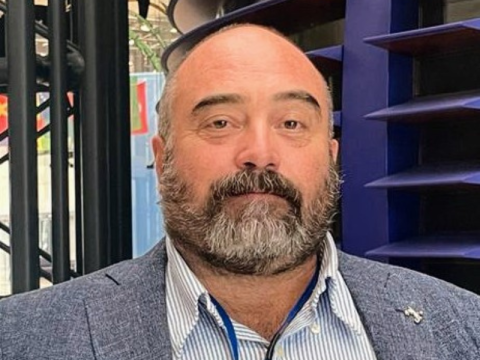
Education & Affiliations
Biography
Nathan Morrow, PhD. is an Associate Professor in IHSD and has taught a summer institute on Food Security and Resilience in Italy for 15-years. His research leverages geospatial tools for open and citizen science to investigate policy relevant action for environmental justice, human and planetary wellbeing, and food system resilience. He is currently leading NASA-funded open science capacity development to advance environmental justice in the Gulf South.
Dr. Morrow regularly partners with international organizations to support research, learning, policy, procedure and capacity development include WFP, FAO, UNDP, GEF/World Bank, IGAD, World Vision, CARE, CRS and various international cooperation efforts. He has served as Chief of Party for international NGO developmental-relief programming valued over 400 million USD. As co-chair of the Emergency and Disaster Evaluation thematic group at the American Evaluation Association, Dr. Morrow has promoted inclusive engagement and more rigorous measurement models in resilience research and intervention planning. The most recent Global Environment Facility (GEF-7) replenishment strategy was informed, in part, by a geospatial analysis of armed conflict and environmental security led by Dr. Morrow. He was invited to conduct the first-ever technical review of an SDG target indicator; 2.1.2 -- ‘Prevalence of severe or moderate food insecurity’.
Research Statement
Research Areas
- Food security and resilience
- Open science and collaborative geospatial analysis for environmental security and justice
Honors & Awards
- 2016: Best Paper Award Humanitarian Technology: Science, Systems and Global Impact, Boston, MA
- 1998: Fulbright Research Fellow, Niamey, Niger
- 1997: Boston University College Prize in Geography
Publications
View Dr. Morrow's publications at his Google Scholar links.
